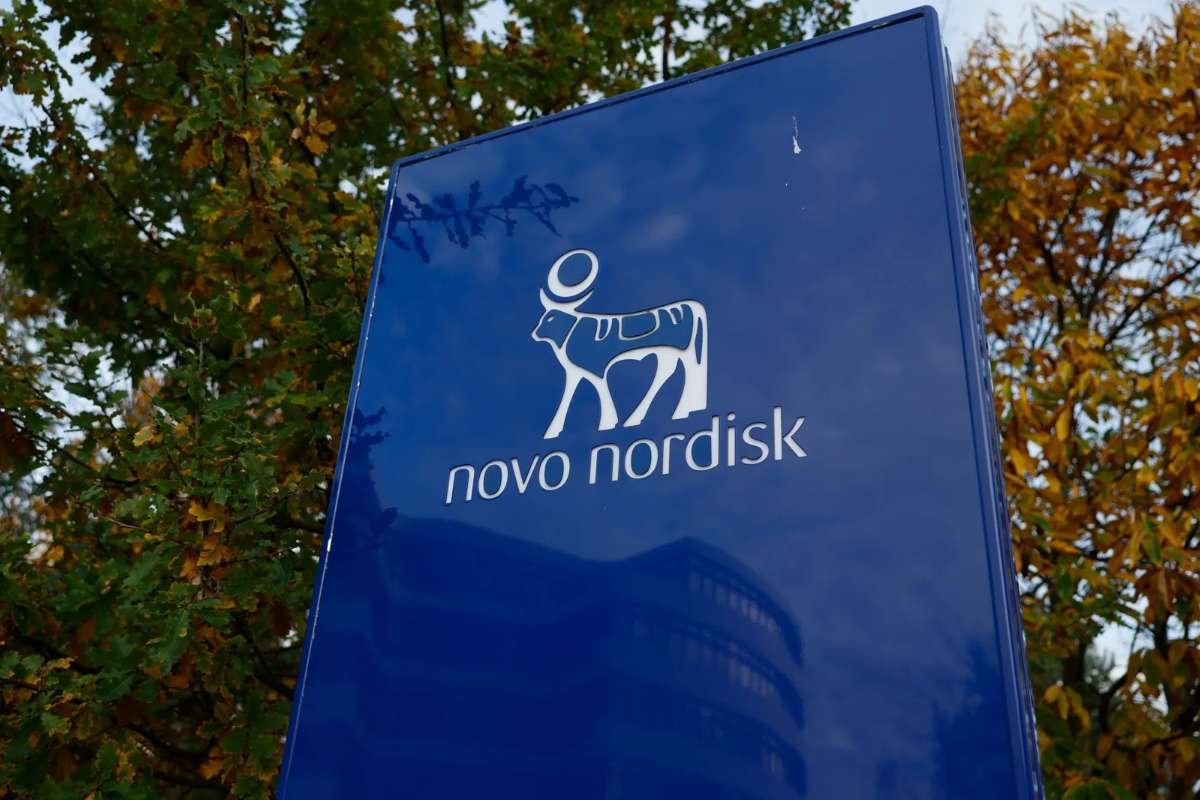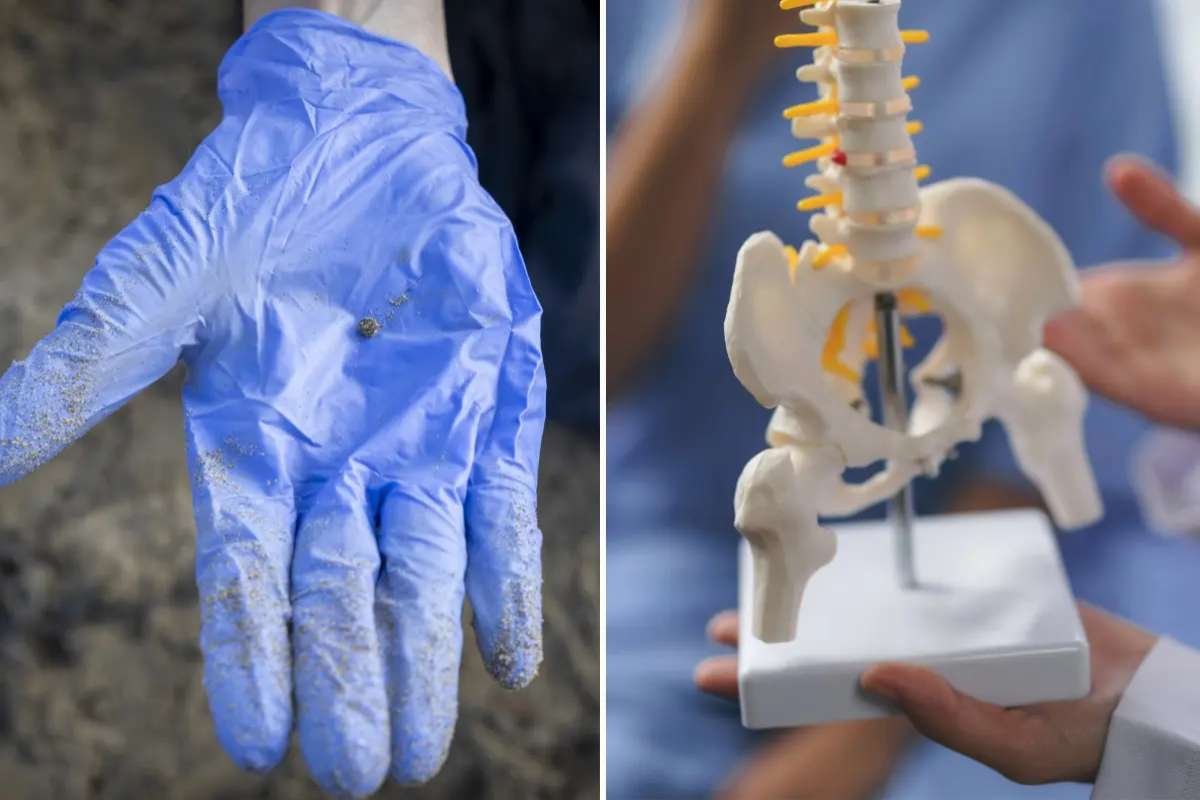Key Points:
- Novo Nordisk ends its Alzheimer’s drug trials after semaglutide fails to slow cognitive decline.
- Market reaction turns negative as rivals like Eli Lilly and Biogen see share gains.
- Setback adds pressure amid slowing sales growth and organizational shifts at the company.
Novo Nordisk said on Monday that two major trials testing an oral version of semaglutide in early-stage Alzheimer’s disease did not slow cognitive decline, ending the company’s most ambitious attempt to expand the use of its widely prescribed GLP-1 medicines. The announcement pushed the firm’s shares down more than 12 percent during the day before they closed 5.8 percent lower.
The Denmark-based company tested Rybelsus, an older pill formulation of semaglutide used for type 2 diabetes, to determine whether it could reduce the rate of Alzheimer’s progression in patients aged 55 to 85. The trials, named EVOKE and EVOKE+, covered 3,808 participants and aimed for a 20 percent slowing of cognitive decline over two years. Novo Nordisk said the medicine did not meet this target.
Limited clinical effect
Novo Nordisk had previously referred to the studies as a “lottery ticket,” highlighting the scientific uncertainty surrounding the drug’s potential impact on Alzheimer’s disease. The company said the trials showed an effect on certain disease biomarkers but did not specify which measures were affected or whether those changes were clinically meaningful.
“We always knew that there would be a low likelihood of success, but it was important to determine if semaglutide could take on one of medicine’s most challenging frontiers,” CEO Mike Doustdar said in a video statement. “Today we announced that our efforts to slow down the progression of Alzheimer’s disease have come to an end.”
The trial discontinuation, which came one year earlier than originally planned, reinforced concerns from analysts who had assigned low odds of success to the program. UBS had estimated only a 10 percent probability that the drug would show a therapeutic benefit.
Market reaction and industry impact
Shares of rival Eli Lilly rose 1 percent following the announcement, closing at $1,070.24. Lilly, a major competitor in the obesity drug market, has not tested its GLP-1 drugs for Alzheimer’s. Shares of Biogen increased 3 percent, as its treatment Leqembi, developed with Eisai, and Lilly’s Kisunla remain the only drugs approved in the United States to slow Alzheimer’s progression. Both require infusions or injections and carry significant side effects.
Some analysts said the market reaction to the failed trials was stronger than expected. “The share’s reaction is probably more due to the bad sentiment around Novo Nordisk shares and the negative news flow over the past year,” Sydbank analyst Soren Lontoft Hansen said. “Perhaps there was hope for a little tailwind from this study.”
The setback comes during a period of slower sales growth and organizational changes at Novo Nordisk, which has seen rapid expansion driven by its blockbuster obesity and diabetes drugs Ozempic and Wegovy.
Scientific outlook and next steps
The Alzheimer’s Association said it was disappointed but noted that research on GLP-1 drugs would continue. “Though this semaglutide pill did not help against Alzheimer’s, the field will continue to investigate this class of drugs, as they may act differently,” president Joanne Pike said.
Alzheimer’s disease affects more than 55 million people worldwide, and decades of research have produced few therapies that meaningfully slow the disease. Current treatments target amyloid and tau proteins, but researchers continue to test other biological pathways in hopes of finding a therapy with broader benefit.
The EVOKE and EVOKE+ trials evaluated patients with early symptoms, using standardized ratings to measure changes in memory, daily function, and disease progression. Novo Nordisk said it will present topline trial data on Dec. 3 at an Alzheimer’s meeting, with full results expected at another conference in March.
“While these results are not what we had hoped for,” Pike said, “they will contribute to our understanding of this devastating and fatal disease.”







